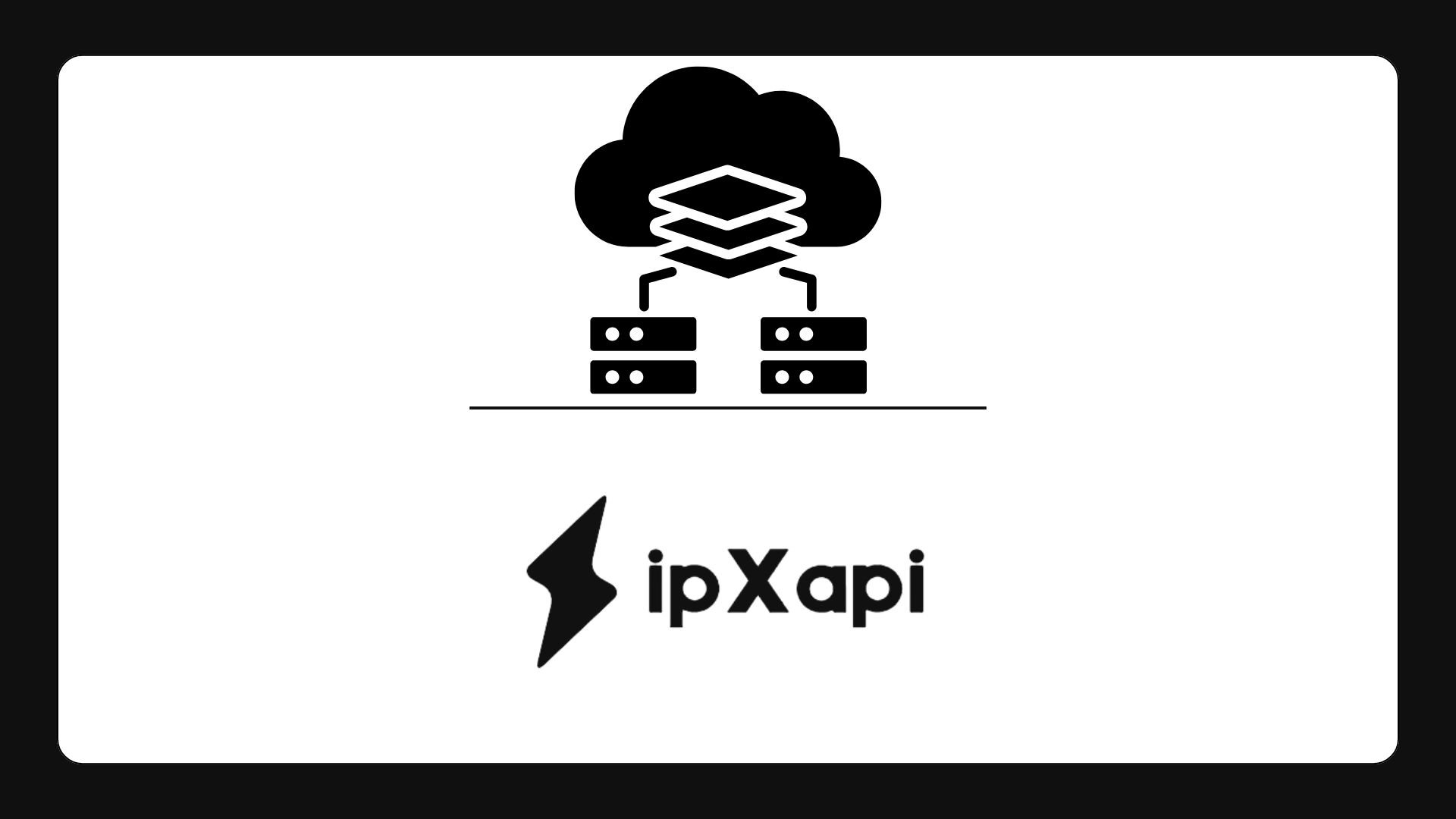IP Security Analysis API For Fraud Prevention

As cyber threats become more advanced, businesses are looking for reliable ways to protect themselves and their customers. One of the most powerful tools available to mitigate these threats is the IP Security Analysis API. This API can provide valuable data about the IP addresses interacting with a company’s network, allowing businesses to identify and mitigate risks before they can escalate. In this blog, we will explore how ipXapi’s IP Security Analysis API is revolutionizing fraud prevention, providing real-time intelligence to keep businesses safe.
How ipXapi’s IP Security Analysis API Powers Fraud Prevention
ipXapi is a leading provider of real-time IP intelligence, offering businesses the ability to detect and prevent fraud with its comprehensive IP Security Analysis API. By delivering precise data on the risk associated with each IP address, it enables businesses to make informed decisions about the traffic interacting with their platform.
One of the key strengths of this API is its ability to provide data in real-time. In the fast-paced digital landscape, where a single second can mean the difference between blocking a fraudster and experiencing a data breach, this real-time capability is critical. This API offers businesses immediate feedback on whether an IP is safe, suspicious, or associated with fraudulent behavior.
At the heart of ipXapi’s API is its real-time risk assessment engine. Every IP address interacting with a business is evaluated using a series of risk factors, including its geographical location, proxy detection, and historical data. The API assigns a risk score to each IP address, giving businesses a clear indication of the threat level. IPs are classified as low, medium, or high risk, allowing businesses to prioritize their security efforts accordingly.
For example, if an IP address is flagged as high-risk due to a history of suspicious activity or an association with malicious networks, the business can automatically block it or require additional verification from the user. On the other hand, low-risk IPs can proceed without interruption, ensuring that legitimate users aren’t hindered by unnecessary security measures.
Proxy and VPN Detection
Proxies and VPNs are among the most popular tools used by scammers to conceal their identities. By using these tools, they can conceal their true IP address, making it more difficult for companies to find them or identify fraudulent activity. Businesses may get comprehensive information on whether an IP address is using a proxy, VPN, or TOR network thanks to ipXapi's API, which is excellent at detecting these tactics.
This capacity is essential for preventing fraud. Businesses can act quickly by barring users or mandating extra security measures when they identify IP addresses that are employing obfuscation tactics. By keeping fraudsters from evading security measures and doing fraudulent acts, proxy and VPN detection helps organizations stay one step ahead of them.
ipXapi offers comprehensive geolocation information for each IP address in addition to proxy detection. This helps companies confirm that users are where they say they are, which is essential for stopping fraud. For example, a transaction may be highlighted for more scrutiny if a user purports to be from the United States but their IP address indicates that they are actually in a high-risk nation.


